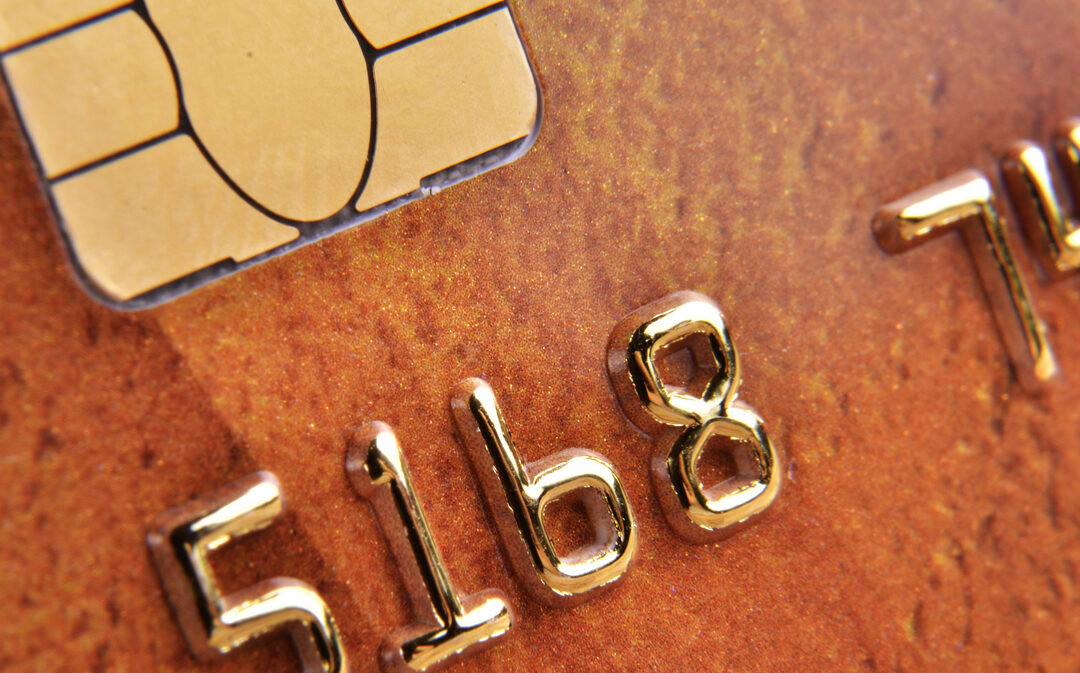Unlike Black Friday, Cyber Monday doesn’t force me to camp in line somewhere for five bucks off a VCR. The convenience of online shopping, however, can 
Avoiding Scams & Viruses
We’ve gathered some great tips to help you avoid the risk when online:
- Pay with a credit card. Under federal law, unauthorized charges can be disputed.
- Next time, try cash. How? On certain models, the DVD drive will double as a motorized bill feeder. (This is a joke. I cannot be held responsible when your computer starts coughing out quarters.)
- Change your passwords often. Do not use the same password repeatedly. Use STRONG passwords.
- Always update your security software. These updates protect you from new strains of malware.
- Don’t download illegal files. Don’t click on fake downloads. Don’t open weird emails. Don’t eat dog biscuits. Ok?
- If you encounter a suspicious window pop-up, sometimes you can use the ‘ALT + F4″ keyboard shortcut to close your browser– Most of the time, clicking on the window can be harmful, because usually “Yes” means “Yes”, the “Close” means “Yes”, and “NO” means “Yes” – you can’t win once the Window is open.
- Avoid Googling “Jimmy Kimmel”. Yes, we’re serious. According to McAfee, he is the most dangerous celebrity to search for online – upping your odds to a 19% chance of being rerouted to a malicious site.
- The next most “dangerous” celebrity searches are Bruce Springsteen and Jon Bon Jovi, in case you were curious.
Wait a minute, either these hackers are behind the times on where to plant the bait, or McAfee has confused their findings with my sister’s Spotify account.
